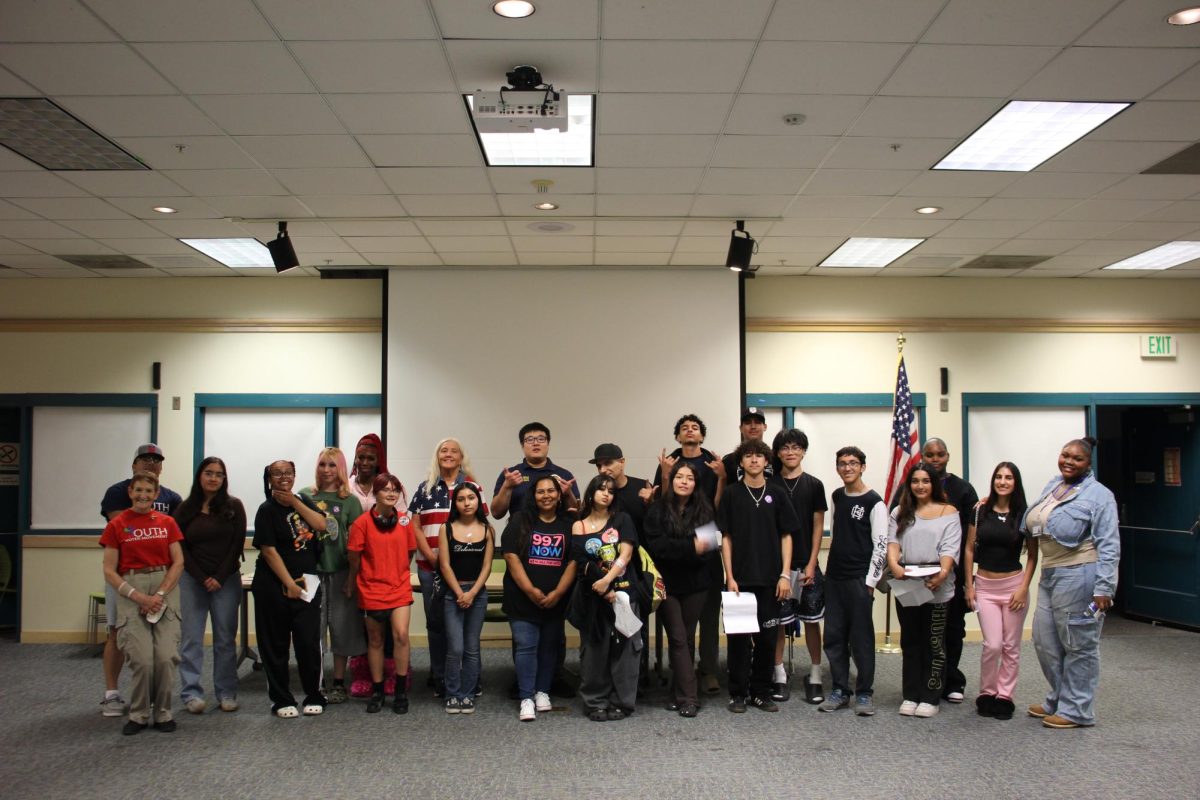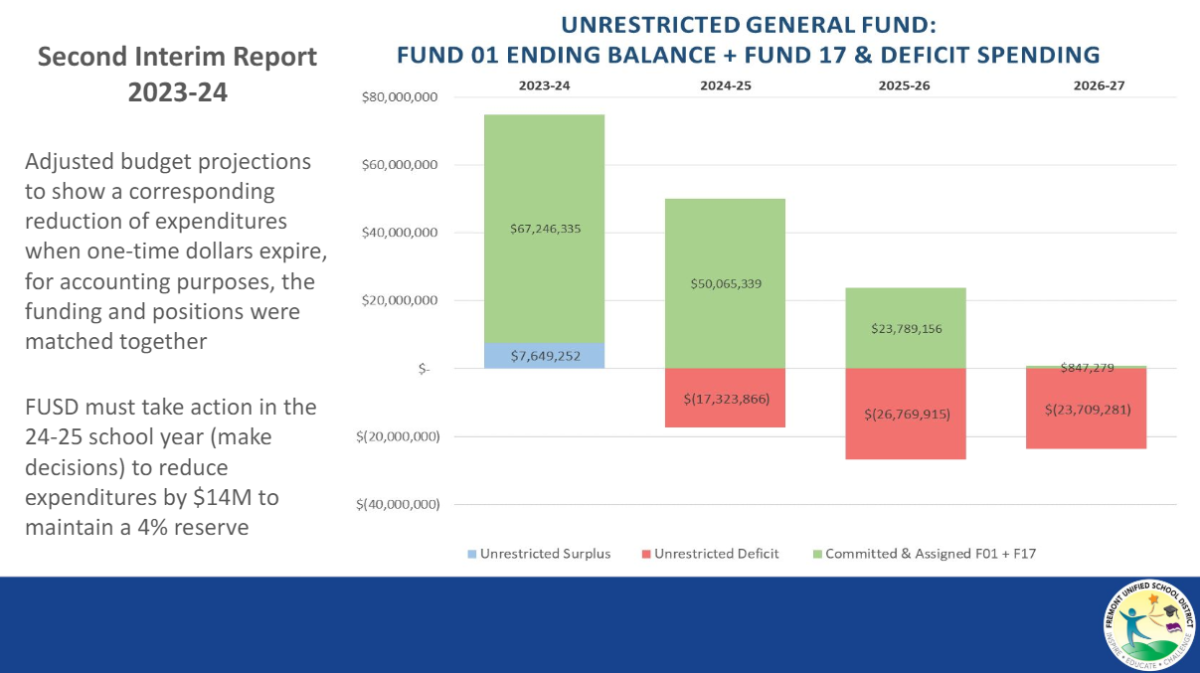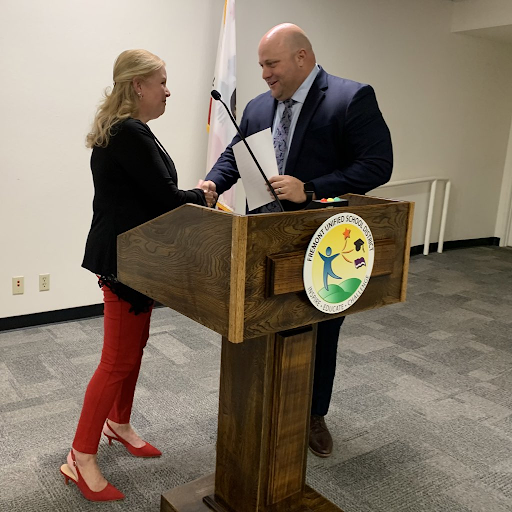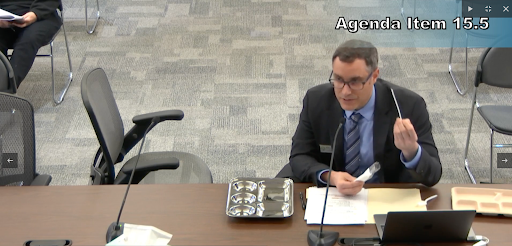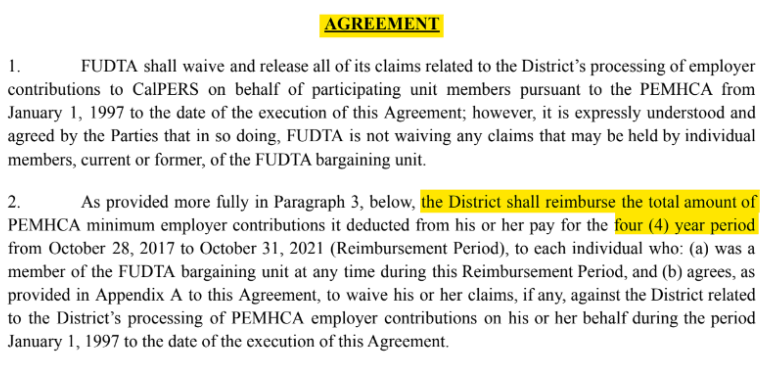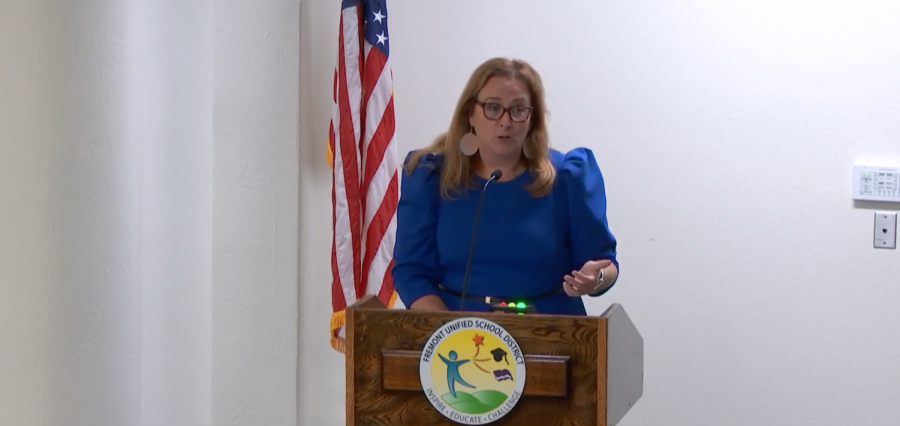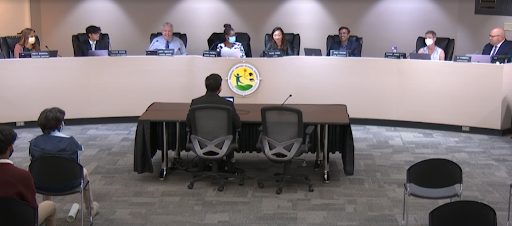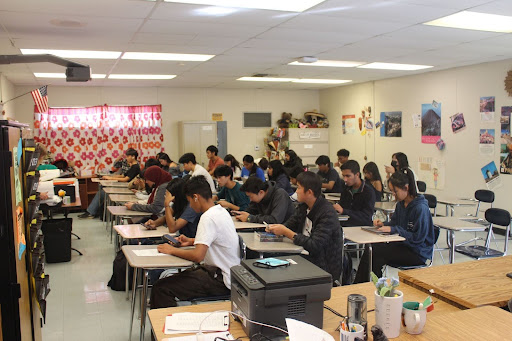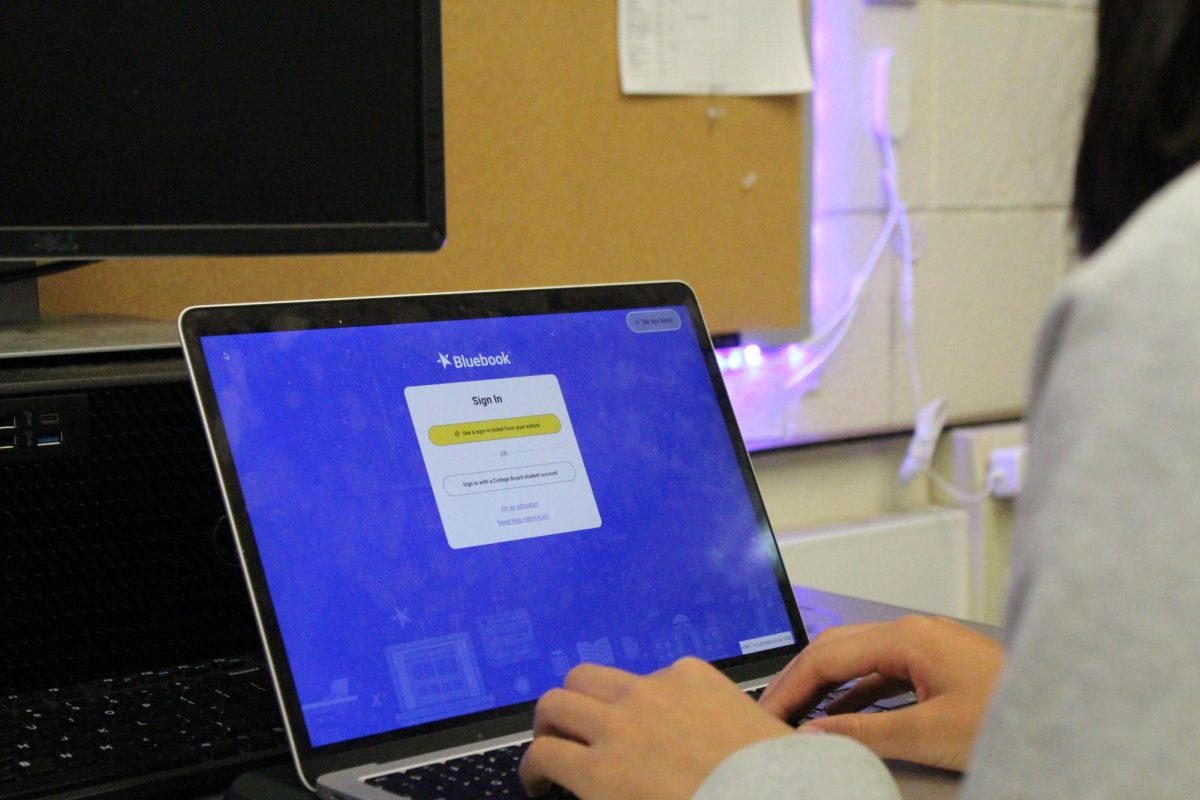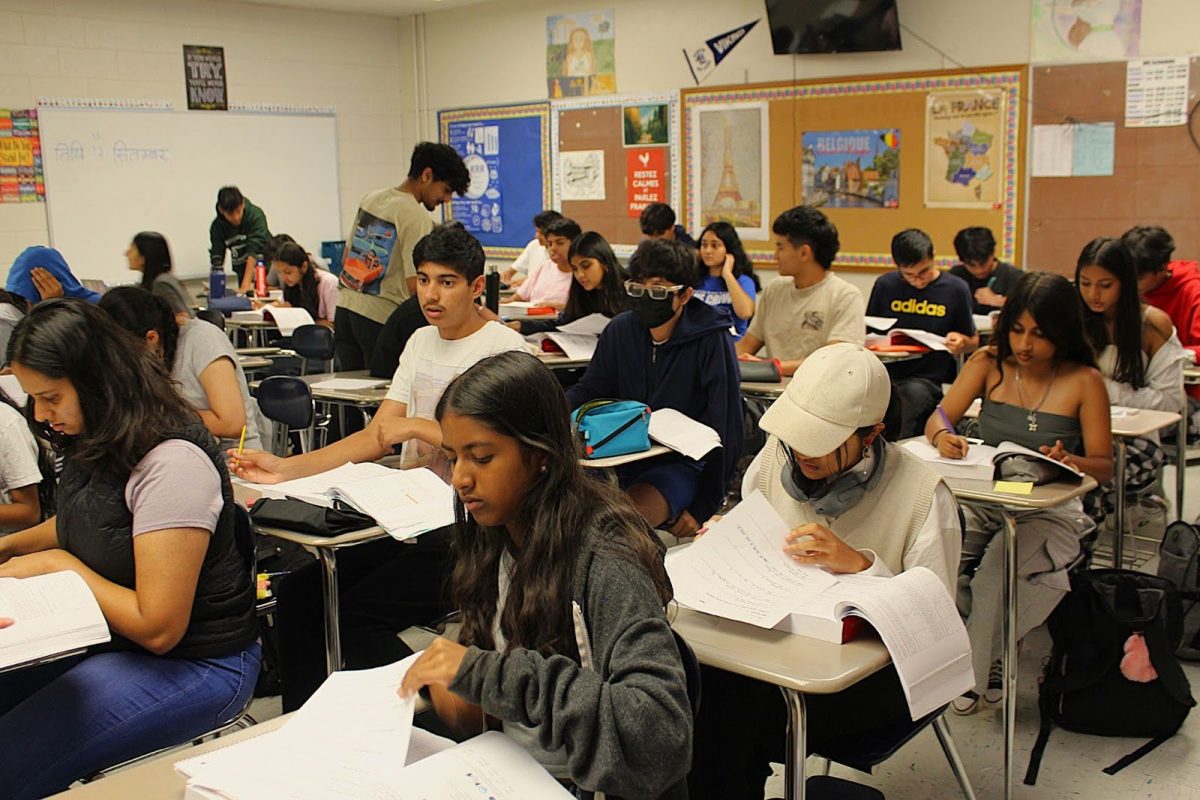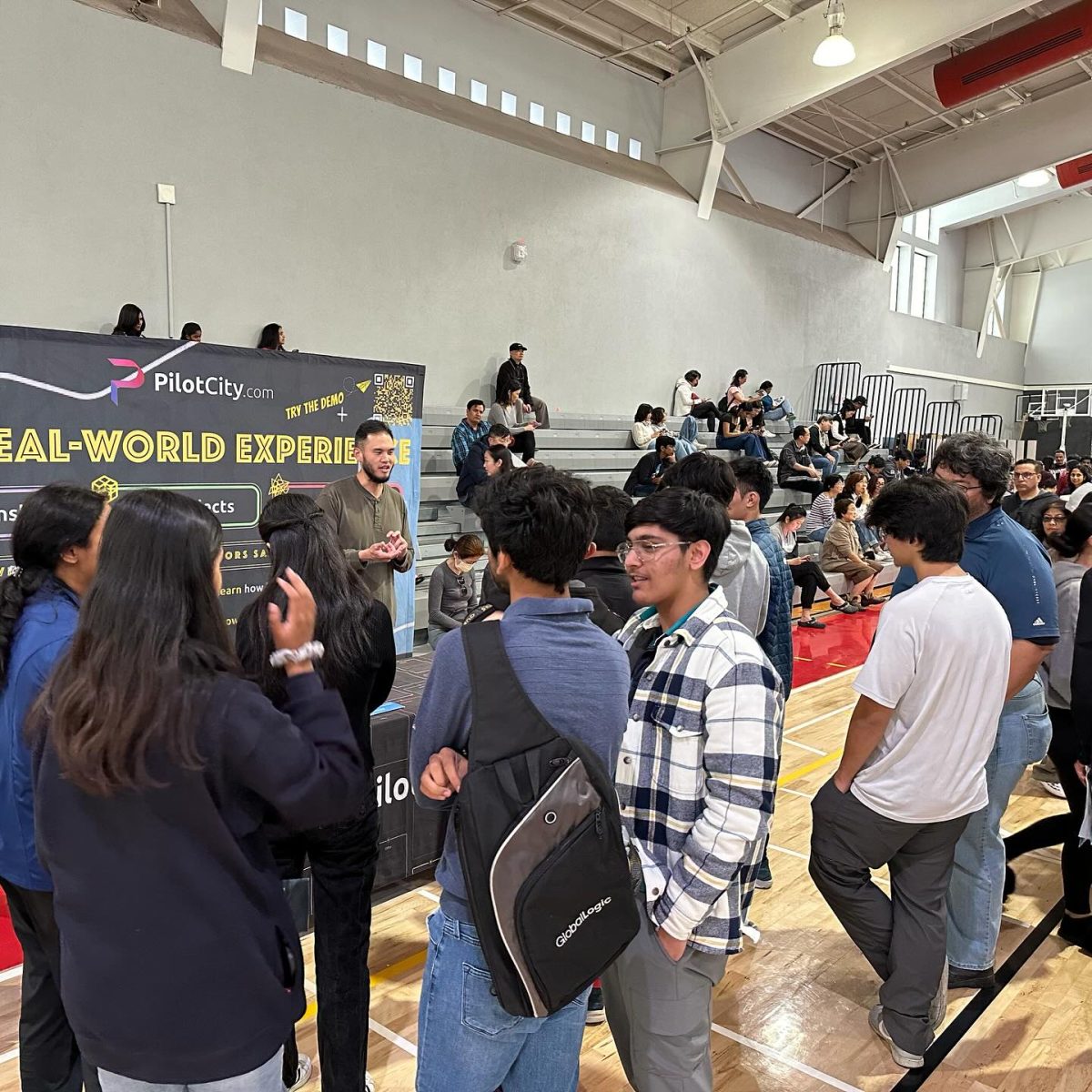By Caitlin Chen | Staff Writer
Although some American students leave high school with superb academic skills, many more leave high school with pathetic ability in rudimentary areas such as reading, mathematics, and reasoning. Teachers are not totally to blame; increasingly high student to teacher ratios designed to teach a large group of different individuals leaves little time for individual student attention.
Though most teenagers go to public high school, a considerable number of concerned parents are choosing to homeschool their students. Fremont’s own homeschooling program, the Circle of Independent Learning (COIL), makes it easy for parents to transition from public to homeschool.
In fact, as more and more parents are pulling their children out of school to be homeschooled, homeschooling numbers are growing eight percent every year, Dr. Brian Ray of the National Home Education Research Institute reported in January 2014.
The website of Fremont’s homeschooling program, COIL writes that the program provides a “challenging, innovative, personalized curriculum” to students and provides a flexible schedule.
“You can go at your own pace and finish as much work as you want,” said COIL student Sarah Tasnim, a sophomore. “If you try really hard, you can finish whatever is in your year in early. If I finished a year’s worth of work in six months, then I’d be done with tenth grade and my summer would be longer.”
Parents may homeschool their children for numerous reasons. Homeschooling allows a specific, tailor-made curriculum in a familiar environment. Some children may have specific needs due to handicaps like ADHD or dyslexia that a school cannot address. Others may have religious concerns or dissatisfaction with school environments and academic instruction.
“My parents didn’t want me to go to public school because they’re worried about the things kids these days do,” said junior Jacob Peng, another COIL student.
Homeschooling does have its limitations. Teachers may be more qualified than parents or online courses to teach the more difficult high school honors or Advanced Placement classes. Students may not have the chance to participate in school events like dances or club events.
“They have to find extracurriculars on their own because homeschooling doesn’t offer social activities.” Irvington counselor Ms. Velazco said. “If students want to compete with public school students for top tier colleges, they have to seek that experience on their own.”
Homeschooling is even considered socially inappropriate or undesirable in countries like Brazil, Germany, and Turkey, but research has shown homeschooling can be beneficial to students.
In July 2011, Concordia University researcher Sandra Martin-Chang published in a study that almost all homeschoolers scored at least a grade higher than their public school peers in identical achievement tests, suggesting that with motivated, willing parents, homeschooled children are very likely to become successful scholars.
Many homeschooled students agree that homeschooling has better prepared them for college and adult life.
“You become more independent because you’re doing the work by yourself,” Tasnim said. “It’s kind of like having a job.”




